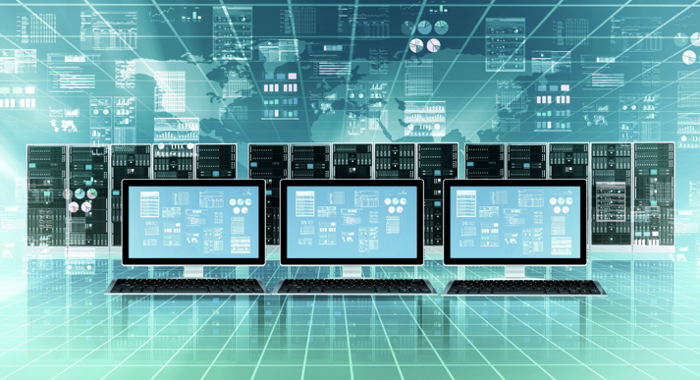Servers are hardware-based devices that store the data of a company or individual. They can be single- or multi-purpose and often provide other services for the computers on the network, such as hosting websites and email.
They can also be used for file sharing, printer sharing, and web hosting. These pieces of hardware usually have more storage and processing power than client computers, and they run special software that allows them to provide these services.
Why Do You Need One?
There are many reasons why you might need a server. Perhaps you need to run a website or host a computer where everyone in the company will get access to files and information. Maybe you need to store important data you don’t want to lose. Whatever the reason, having an in-house tech infrastructure can be very valuable in the long run.
Of course, you could just use a regular computer as a server. However, this is not recommended, as it would likely be very slow and unreliable. Additionally, suppose you have sensitive data or massive files that you need to store securely. In that case, you will want to ensure that it is well protected from hackers and other security threats. For this reason, it is usually best to use a dedicated server that has been specifically designed for these purposes.
Buying Considerations
As mentioned, there are different options and hardware in the market, and it can be daunting to know which one is right for you. Here are some tips that can help you with this.
- Know your Needs
You might be tempted to buy the first cheap hardware that you see on the internet. However, you need to have a dedicated one that can handle your business operations on a daily basis. Customers and employees. You need to determine if the device can handle various services and applications simultaneously; if so, it might be the right choice.
- All User Access
Some employees might be working remotely, and you need your tech infrastructure to be more efficient. Get servers with software that fully supports single sign-on requirements and remote access. Whenever possible, buy new machines that are capable of running the software specifications to prevent issues down the road.
- Lease or Buy Options
Some would want to lease, and others prefer to buy. You might want to try the services of MSPs first and see if they are a great fit for you. If your primary concern is decreasing the operating expenditure and reducing capital, then the IT-as-a-service option might be the ideal set-up for the company. With this selection, the server is generally kept on-site, and you’re only going to pay for subscriptions.
When you decide to install an in-house server, consider the devices’ maintenance costs and regular upkeep. Focus more on the aspects that will help your business grow more. A specialist or an IT consultant might offer excellent advice about which server to choose when shopping for one.
- Ongoing and Initial Costs
The upfront expenses when buying are just the start of getting a secure, reliable, and functioning server. While the initial costs are important, you must also know the support and maintenance expenses throughout the server’s life. This will include patching everything up and ensuring the software is up-to-date, installing various apps, and monitoring for possible security breaches.
- A Good Fit with Future Growth
One key to success in the IT department is the ability to scale. There’s no need to pay for extra features that you’re going to use on day one, but it always pays to grow and add apps that can handle more traffic and higher system requirements in the future. Get the ones with simplification or standardization features that are all important in building a diverse infrastructure.
- Storage
Another consideration is storage, where various hardware and networks have different storage capacities. However, there are some exceptions where most manufacturers allow the use of at least two internal hard drives for more storage capacity.
Storage spaces should depend on the business’ size and operations. For those with many employees and larger scope of operations, it makes sense to focus more on storage and some extra for future growth. The smaller businesses can start with less storage and budget-friendly servers, and they can always scale up in the future if there’s a need.

